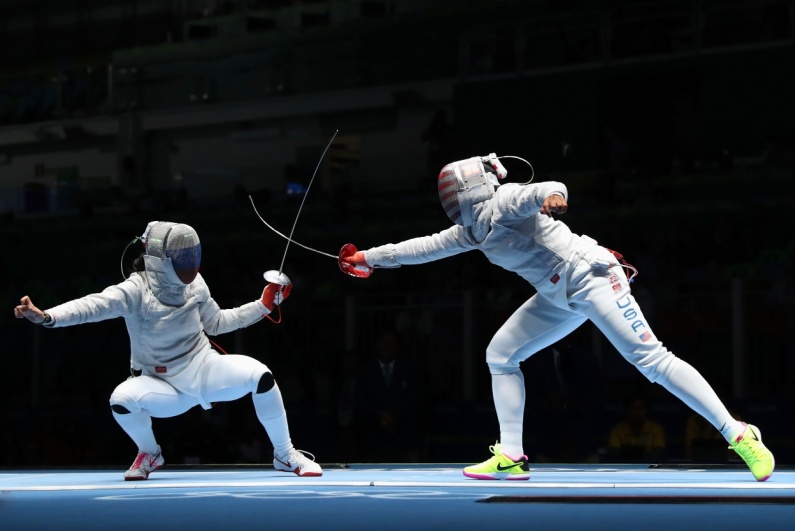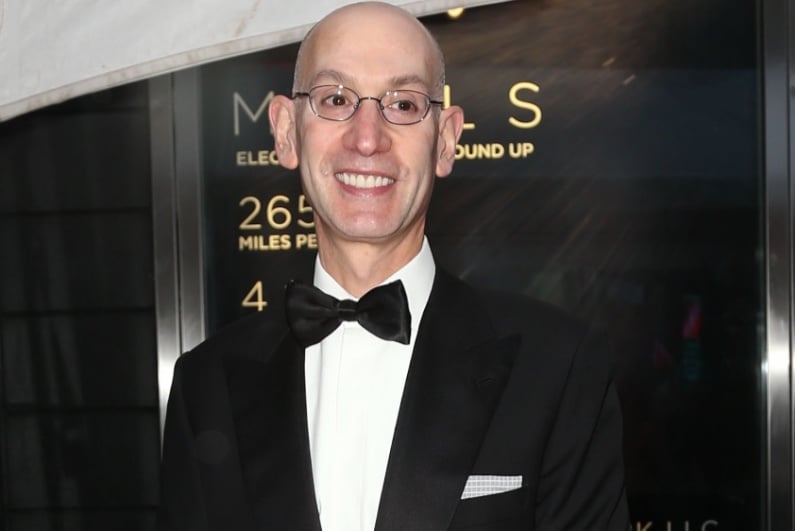As the world got treated to a Chinese pair “competing in their own pocket of air ahead of the rest of the human race” to win Olympic gold in the 10m synchro diving competition, the results of the US women’s fencing team Monday underlined how a “clean, clear space” in the mind is crucial for athletes to perform at their peak.
USA Fencing CEO Phil Andrews had his crystal ball out on Sunday when he forewarned of the “emotional strain” a match-fixing scandal could have on members of the US women’s saber fencing team. On Monday, the Andrews was proven prescient as all three saber fencers on the team – Magda Skarbonkiewicz, Elizabeth Tartakovsky, and Tatiana Nazlymov – lost their opening bouts.
At the center of the scandal is Nazlymov. Just one month ago, she was giving evidence in a 13-hour arbitration hearing over possible match-fixing to gain qualification for the Paris Games.
“allegedly conferring during a match which Nazlymov won” at an Olympic qualifier
Two other US fencers had challenged Nazlymov’s right to be at the Olympics in a case linked to USA Fencing’s suspension of referees Jacobo Morales and Brandon Romo in April. The national body suspended the pair from tournaments for “allegedly conferring during a match which Nazlymov won” at an Olympic qualifier in California in January.
USA Fencing gave Nazlymov the all-clear in June, stating there was no evidence of her being involved in any form of “bout manipulation” or attempting to use referee misconduct to gain a competitive advantage.
Whether or not the taint of match-fixing affected Nazlymov and her teammates in the women’s individual Sabre round of 32, it isn’t the only scandal on athletes’ minds at the Games. A Dutch beach volleyball player convicted of raping a 12-year-old girl in 2016, was met by boos on Sunday as he walked out with a teammate to face Italy in Paris.
Steven van de Velde, who served 12 months in a British prison for raping the underage girl, and his Dutch partner lost in three sets to the Italians.




